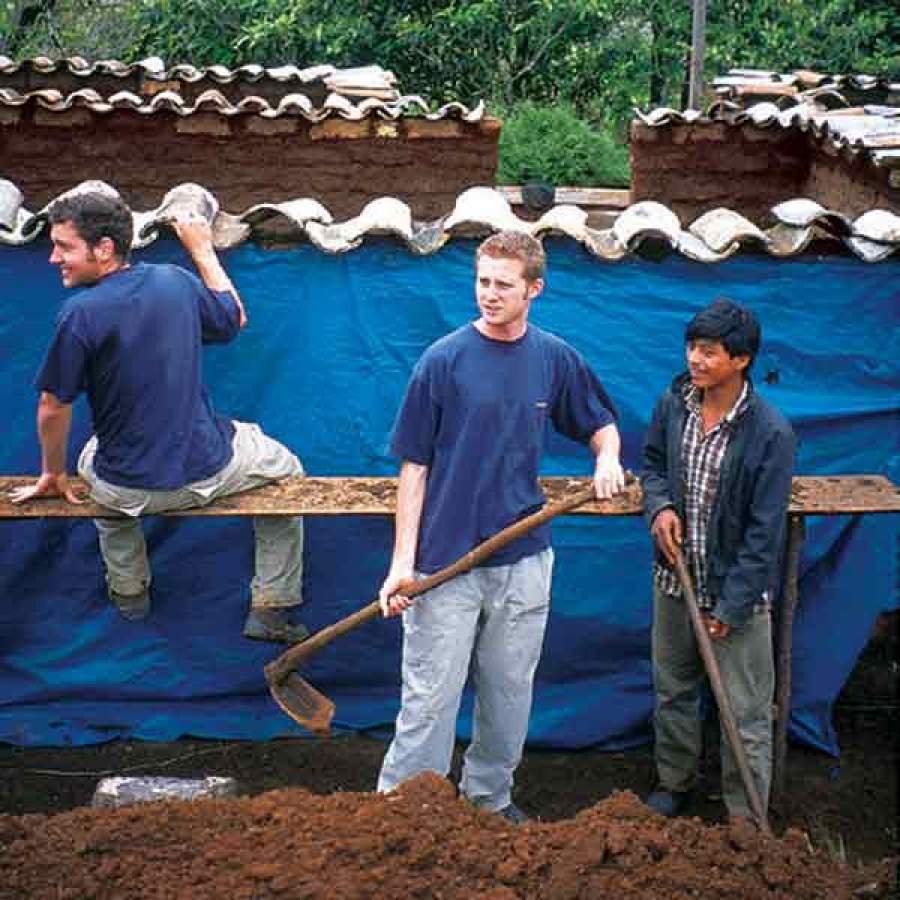U.K.-based Tourism Concern, a registered charity that fights exploitation in tourism, is putting out a code of best practices for volunteer organizations.
As things stand right now, there are no rules or regulations that govern them, and therefore there's a large discrepancy in their conduct. "Some of these are very committed, caring non-profit organizations, and some are very big, profit-making organizations," says Tricia Barnett, director of Tourism Concern. "Increasingly, the line between taking a holiday and volunteering is very blurred, and so you have volun-tourism now."
The guidelines will include transparency for volunteers, so they'll be able to see exactly where their money is going. They will also require interviews and training for volunteers being sent abroad, and criminal background checks for volunteers who will be working with children or other vulnerable people.
But one of the key issues that Tourism Concern is trying to address is that the destination communities should be the ones to identify the work that needs to be done. Barnett explains, "We're trying to ensure - this is the most difficult thing about developing a code of practice - that the communities are actually benefiting from the volunteers coming, and they're not losing out on jobs because volunteers are doing their jobs."
The guidelines are accompanied by an audit to ensure companies actually meet the standard. For now, they will govern only U.K.-based organizations and audits will be done on a voluntary basis. But even though companies will not be obliged to follow the guidelines, Barnett says that the majority of operators have welcomed them.
As for the volunteers themselves, Barnett thinks they'll be relieved to have a basis on which to choose an organization. "If you know that you've got a company that signed on to principles of good practice, then you can feel much more confident that you'll get a better placement, that your money will go where it's meant to be going and the destination hosts will be happy to have you," says Barnett.
To follow developments, check in with tourismconcern.org.uk.
Return to Taking a Grown-Up Gap Year: Part 2.

